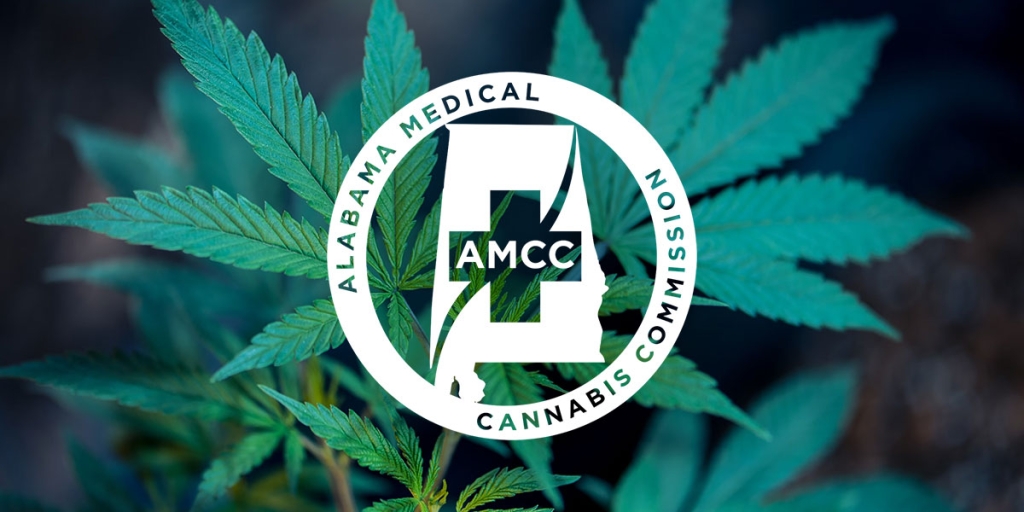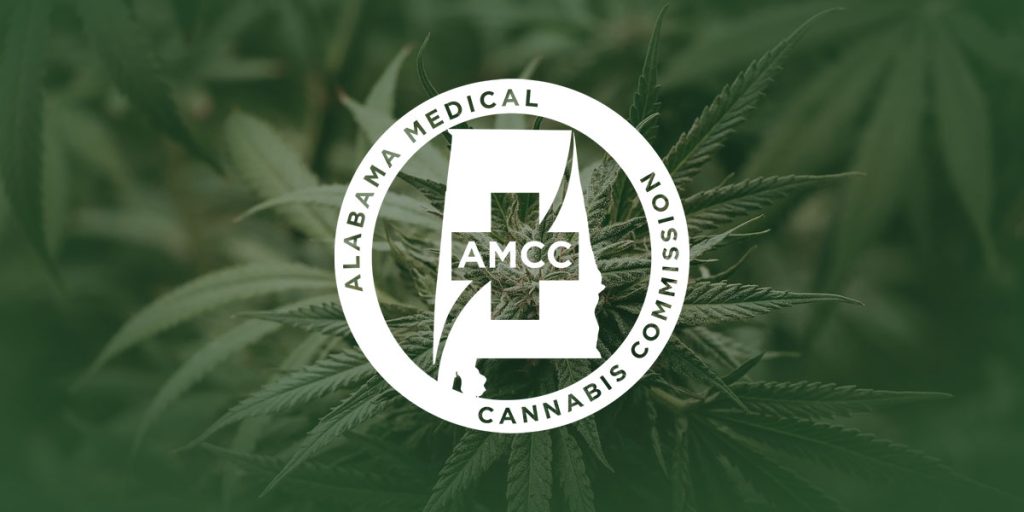Medical cannabis advocates are welcoming news of a proposed settlement of the myriad of lawsuits brought against the Alabama Medical Cannabis Commission (AMCC). The proposed settlement would allow the AMCC to move forward with its timeline to make new cannabis license awards in December.
The Commission previously made awards in June and August, but those awards have all been vacated by the Commission after failed applicants brought lawsuits challenging the process used by the AMCC.
WSFA in Montgomery reported that attorneys for the Alabama Medical Cannabis Commission (AMCC) have reached a settlement with dozens of plaintiffs in the months-long legal saga that has stymied the fledgling cannabis industry.
That agreement, if ratified by the commission, would allow the AMCC to move forward on making cannabis industry license awards.
“The Association is delighted to see the industry finally moving forward in Alabama,” Alva Lambert, director of the Alabama Medical Cannabis Association, told Yellowhammer News. “Our main concern this whole time has been the people in dire need of this medicine.”
RELATED: Medical cannabis back in court this week
There were two major issues that led to this bevy of lawsuits.
The first issue was the requirement that applications submitted electronically be compressed to a file size of ten megabytes or less. At least one applicant could not compress their file into the minimum required size, rendering them unable to complete the application, they argue.
RELATED: Medical Cannabis Commission resets timeline on licensing
Other applicants had to edit their application packets significantly, feeling that it adversely impacted their application because vital information about their plan had to be discarded to meet the arbitrary upload requirement.
Some applicants, however, found a workaround of the file size limit — they went in person to the AMCC offices and hand delivered all of the information to the commission. The AMCC accepted those applications. Some of those applicants were then awarded licenses by the commission in June.
There was nothing in the instructions published in August of 2022 about applicants being able to submit an application by hand, and not all of the applicants were made aware of this workaround. Applicants who, six and a half months later, had their applications denied cried foul and filed suit.
Another issue was the scoring. The AMCC contracted with the University of South Alabama to hire cannabis application evaluators. Plaintiffs claim that the numerical scores issued by those independent evaluators were inaccurate.
WSFA is reporting that most of those lawsuits will be dismissed, and the commission will be able to move forward on its new timeline on issuing awards in December.
RELATED: Critical meetings ahead for Medical Cannabis Commission
The parties have reportedly agreed to allow all applicants in all of the categories except for the integrated licensing category to resubmit videos and briefing materials before the commission begins a new round of discussions on licenses for those categories.
The parties have agreed that the AMCC will throw out the controversial scoring of the original applications by the evaluators. The Commissioners will be instructed to not consider those scores in the next round of awards.
The AMCC will meet on November 27 to vote on ratifying the proposed settlement. They will then hear presentations the rest of that week from applicants for licenses to cultivate, process, transport, dispense, and operate as the official cannabis laboratory that week with awards anticipated on December 1. The Commission will meet the following week to consider applications from the thirty applicants vying for the integrated facility license. The integrator license allows a business entity to grow, process, transport, and dispense medical cannabis. The Legislature limited the number of integrator licenses the AMCC can award to a maximum of five.
The awards will be made in December and if Montgomery Circuit Court Judge James Anderson lifts his stay on issuing the licenses, then the Alabama cannabis industry can begin growing cannabis and bringing legally grown Alabama marijuana to market.
To connect with the author of this story or to comment, email [email protected]













